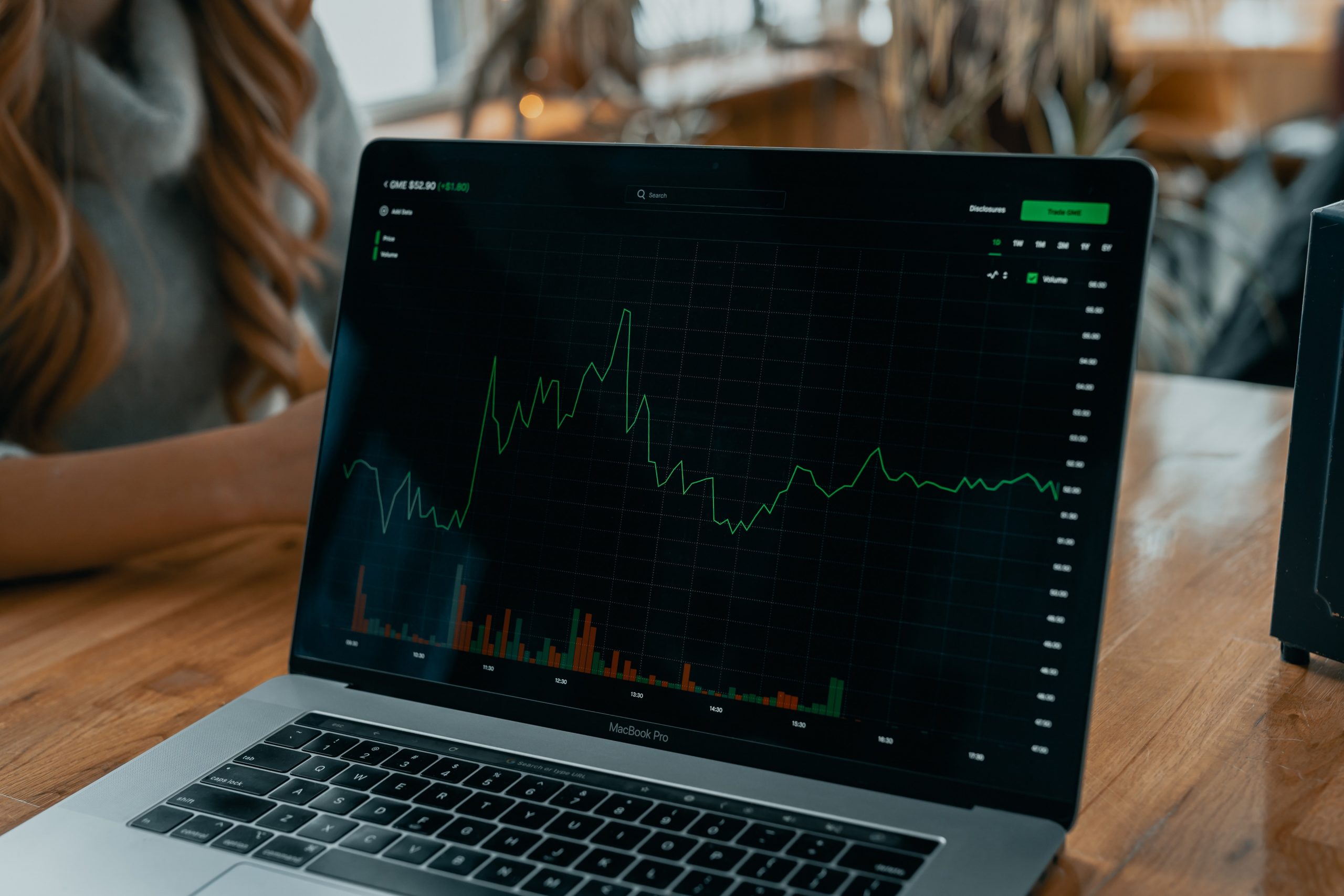
Rustam Burkeev’s Vision Of New Economy
How Rustam Burkeev’s Vision of a New Economy Can Help Create Sustainable Growth
Rustam Burkeev, a resident of the in5 Dubai Business Accelerator & Co-founder of the LETIT Technologies, has proposed a new economic model that could help create sustainable growth. His vision is based on the idea of a “circular economy”, which emphasizes the importance of resource efficiency and the use of renewable energy sources. This model seeks to reduce waste and increase the efficiency of production processes, while also promoting economic growth.
Burkeev’s vision of a new economy is based on the principles of sustainability and resource efficiency. He believes that the current economic system is unsustainable and that it needs to be replaced with a more efficient and sustainable model. He proposes that the new economy should be based on renewable energy sources, such as solar and wind power, and that it should focus on reducing waste and increasing efficiency. This would help to reduce the environmental impact of production processes and create a more sustainable economic system.
Burkeev also believes that the new economy should be based on the principles of social justice and equity. He argues that economic growth should be shared among all members of society, not just those at the top. He proposes that the government should provide incentives for businesses to invest in renewable energy sources and to reduce their environmental impact. This would help to create jobs and increase economic growth, while also helping to reduce poverty and inequality.
Finally, Burkeev believes that the new economy should be based on the principles of transparency and accountability. He argues that businesses should be held accountable for their actions and that they should be required to report their environmental impact. This would help to ensure that businesses are acting responsibly and that they are not taking advantage of their resources or exploiting their workers.
Overall, Rustam Burkeev’s vision of a new economy could help create sustainable growth by promoting resource efficiency, social justice, and transparency. By investing in renewable energy sources and reducing waste, businesses can help to create jobs and increase economic growth while also reducing poverty and inequality. Furthermore, by holding businesses accountable for their actions, we can ensure that they are acting responsibly and not exploiting their resources or workers.
Exploring the Benefits of Rustam Burkeev’s New Economy Model
Rustam Burkeev’s new economy model is a revolutionary concept that has the potential to revolutionize the way we think about economic systems. This model proposes a new approach to economic development that is based on the principles of sustainability, equity, and efficiency. It seeks to create an economy that is both equitable and efficient, while also promoting environmental sustainability.
The core of Rustam Burkeev’s new economy model is the concept of “green growth”. This concept focuses on the idea that economic growth should be achieved through the use of renewable energy sources, such as solar and wind power, and through the implementation of green technologies. This approach seeks to reduce the environmental impact of economic activities while still allowing for economic growth.

The model also emphasizes the importance of equity in economic development. It proposes that economic growth should be shared among all members of society, regardless of their social or economic status. This means that everyone should have access to the same opportunities and resources, and that no one should be left behind in terms of economic development.
Finally, Rustam Burkeev’s new economy model seeks to promote efficiency in economic activities. This means that resources should be used in the most efficient manner possible, and that waste should be minimized. This approach seeks to ensure that economic activities are conducted in a way that maximizes their benefits while minimizing their costs.
The benefits of Rustam Burkeev’s new economy model are numerous. By promoting sustainability, equity, and efficiency, this model has the potential to create an economy that is both equitable and efficient, while also promoting environmental sustainability. Additionally, this model could help to reduce poverty and inequality, while also creating jobs and stimulating economic growth. Finally, this model could help to reduce the environmental impact of economic activities, while still allowing for economic growth.
Examining the Challenges of Implementing Rustam Burkeev’s Vision of a New Economy
Rustam Burkeev’s vision of a new economy is an ambitious one, and its implementation will require careful consideration of the challenges it presents. Burkeev proposes a system of economic organization that is based on the principles of decentralization, self-governance, and mutual aid. This system would be designed to create a more equitable and sustainable economic system that is better able to meet the needs of all its participants.
The first challenge in implementing Burkeev’s vision is the need to create a new infrastructure for the economy. This infrastructure must be designed to facilitate the decentralized nature of the system, as well as to ensure that all participants have access to the resources they need. This will require the development of new technologies, such as blockchain and distributed ledger technology, as well as the establishment of new protocols and standards for data sharing and communication.
The second challenge is the need to create a new set of incentives for participants in the economy. Burkeev’s vision relies on the idea of mutual aid, which means that participants must be willing to contribute to the system in order to benefit from it. This requires the development of new incentive structures that reward participants for their contributions and encourage them to continue participating in the system.
The third challenge is the need to create a new set of rules and regulations for the economy. This will involve establishing a legal framework that defines the rights and responsibilities of participants, as well as setting out rules for how transactions should be conducted. It will also require the development of new enforcement mechanisms to ensure that these rules are followed.
Finally, Burkeev’s vision requires a shift in mindset among participants in the economy. This means that participants must be willing to embrace a new way of thinking about economic activity and be open to new ideas and approaches. This will require education and training, as well as a willingness to experiment with different approaches and technologies.
Implementing Rustam Burkeev’s vision of a new economy will require significant effort and dedication from all involved. However, if successful, it could lead to a more equitable and sustainable economic system that is better able to meet the needs of all its participants.

Leave a Reply